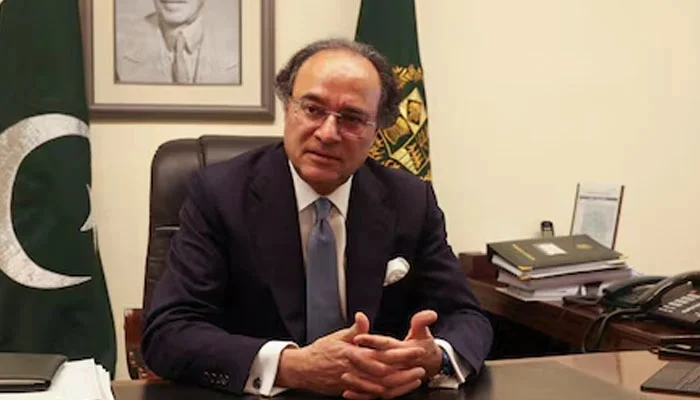Finance Minister Mohammad Aurangzeb stated on Monday that the recent military escalation with arch-rival India will not have a significant fiscal impact on Pakistan and can be managed within the current fiscal space, eliminating the need for a new economic assessment.
In an interview with Reuters, Aurangzeb said that “trade talks with the United States, which had played a key role mediating a ceasefire between the two countries, would likely progress in ‘short order’.”
He added that as a result, Pakistan could import more high-quality cotton, more soybeans, and was exploring other asset classes, including hydrocarbons.
On Monday, U.S. President Donald Trump said the U.S. is ready to assist India and Pakistan following a ceasefire agreement, asserting that trade was a major reason they “stopped fighting.”
Pakistan faces a 29% tariff on exports to the U.S. due to an approximate $3 billion trade surplus, but this is currently under a 90-day pause announced in April.
The International Monetary Fund (IMF) approved a $1 billion loan disbursement to Pakistan on Friday as part of a larger $7 billion bailout agreement.
Aurangzeb confirmed that Islamabad would receive the tranche disbursement on Tuesday.
The IMF executive board also approved a fresh $1.4 billion loan to Pakistan under its climate resilience facility.
The federal budget for the next fiscal year, commencing in July, will be finalized within the next three to four weeks, with scheduled budget talks with the IMF to take place from May 14-23, he said.
Regarding the India-Pakistan conflict, Aurangzeb described it as a “short duration escalation” with minimal fiscal impact, stating it can be “accommodated within the fiscal space which is available to the government of Pakistan.”
When questioned about potential increased military spending in the upcoming budget, Aurangzeb deferred comment, stating it was premature to discuss specific plans.
However, he said: “Whatever we need to do in terms of ensuring that our defence requirements are met will be met.”
Tensions between India and Pakistan escalated following the April 22 attack on tourists in Pahalgam in Indian Illegally Occupied Jammu and Kashmir (IIOJK), which resulted in 26 deaths and triggered the worst clashes between the nuclear-armed neighbors in over two decades.
On Saturday, a ceasefire in the Himalayan region was announced by Trump, following four days of fighting, diplomacy, and pressure from Washington



